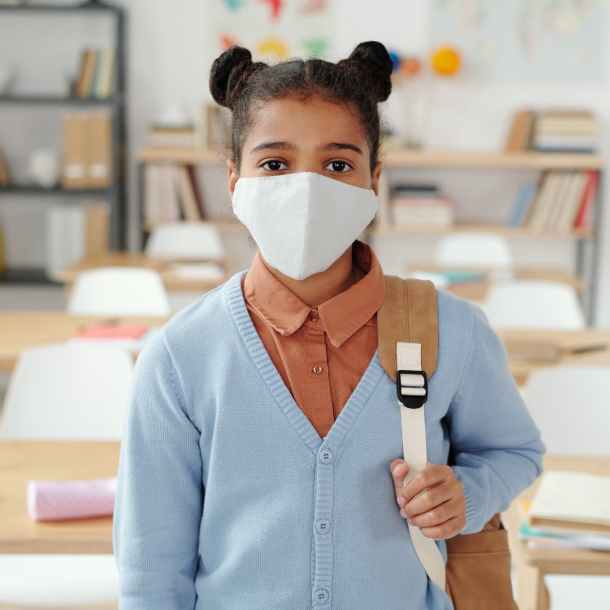
The COVID-19 pandemic has brought the importance of wearing a mask to the forefront of public health efforts. Masks have been shown to be an effective barrier against the spread of the virus, protecting both the person wearing the mask and those around them. In this blog post, we’ll explore the science behind masks and how they can help to protect you and your community from COVID-19.
How Masks Work
Masks work by trapping respiratory droplets that are released when an infected person talks, coughs, or sneezes. These droplets can contain the virus and can be inhaled by those in close proximity, leading to infection. A mask acts as a physical barrier, preventing these droplets from entering the nose and mouth.
The most effective masks are those that fit snugly to the face, such as surgical masks and N95 respirators. These masks are designed to filter out at least 95% of airborne particles, including the virus that causes COVID-19. Cloth masks, while not as effective as surgical masks or N95 respirators, can still provide some protection and are recommended for use in situations where physical distancing is difficult.
The Benefits of Wearing a Mask
One of the main benefits of wearing a mask is that it can protect you from contracting COVID-19. Studies have shown that masks can reduce the risk of infection by up to 85%. This is especially important for people who are at higher risk of severe illness, such as older adults and those with underlying health conditions.
In addition to protecting the person wearing the mask, masks can also protect others around them. When an infected person wears a mask, it can significantly reduce the amount of virus they release into the air, making it less likely for others to become infected. This is why mask mandates and recommendations are so important in controlling the spread of COVID-19.
The Importance of Wearing a Mask Even After Vaccination
While getting vaccinated is an important step in controlling the pandemic, it is not a guarantee that you will not get infected with COVID-19. The vaccines are effective at preventing severe illness and death, but they may not protect you completely.
This is why it’s so important to continue wearing masks even after you’ve been vaccinated. The vaccines help to protect you, but they also protect others around you who may not have been vaccinated yet. Masks are a powerful tool in controlling the spread of COVID-19 and should be worn in conjunction with vaccination.
Conclusion
Wearing a mask is a simple but effective way to protect yourself and others from COVID-19. Masks work by trapping respiratory droplets that can contain the virus, preventing them from entering the nose and mouth. The benefits of wearing a mask include protecting yourself from infection and protecting others around you. Even after vaccination, it is important to continue wearing a mask to protect yourself and others.



